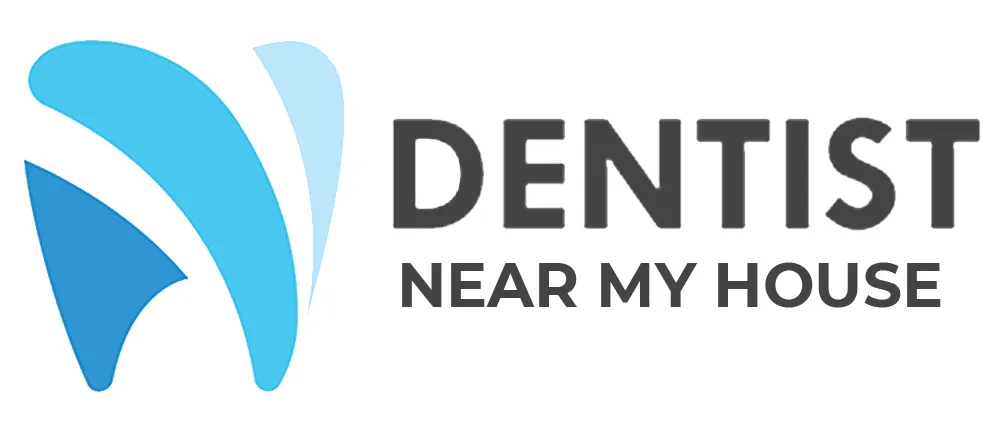Dental Emergency: Your Guide to Finding Urgent Care Near You

In moments of dental emergency, knowing where to turn for urgent care can be crucial. Whether it’s a sudden toothache, a broken tooth, or any other urgent dental problem, prompt attention is essential to alleviate pain and prevent further complications. This guide aims to equip you with the necessary information to locate reliable dental emergency services in your area swiftly.
Table of Contents:
- Understanding Dental Emergencies
- Finding urgent dental Care Near You
- What to Expect During a dental urgency Visit
- Common dental urgency FAQs
- Conclusion
1. Understanding Dental Emergencies
Dental emergencies encompass a range of urgent dental issues that require immediate attention to relieve pain, prevent infection, and preserve oral health. Some common dental emergencies include:
- Severe toothache
- Knocked-out tooth
- Cracked or fractured tooth
- Lost filling or crown
- Abscess or dental infection
- Broken braces or wires
Recognizing the signs of an urgent dental problem is crucial for seeking timely treatment and preventing complications.
2. Finding Emergency Dental Care Near You
When faced with a dental emergency, it’s essential to act quickly to find a reputable dental care provider nearby. Here are some steps to help you locate emergency dental services:
2.1. Online Search:
Utilize search engines like Google or Bing to find urgent dental care clinics in your area. Use keywords such as “emergency dentist near me” or “urgent dental care” for more targeted results.
2.2. Dentist Directories:
Explore online dentist directories that allow you to filter search results by location and services offered. Websites like Healthgrades or Zocdoc can help you find emergency dental care providers in your vicinity.
2.3. Recommendations:
Seek recommendations from friends, family, or colleagues who have had positive experiences with emergency dental services. Personal referrals can help you narrow down your options and find a trusted provider.
2.4. Contact Your Regular Dentist:
If you have a regular dentist, contact their office, even if it’s outside of regular business hours. They may offer urgent dental care services or provide referrals to trusted emergency dental clinics.
3. What to Expect During a Dental Emergency Visit
During a dental urgencyy visit, the dentist will assess your condition and provide appropriate treatment to address the issue promptly. Here’s what you can expect during a dental emergency appointment:
- Evaluation of the dental emergency: The dentist will examine your oral health and diagnose the underlying issue causing your symptoms.
- Treatment options: Depending on the nature of the dental urgency, treatment options may include pain relief, dental repair, or medication to manage infection or inflammation.
- Patient education: The dentist will provide instructions on post-treatment care and preventive measures to avoid future dental emergencies.
4. Common Dental Emergency FAQs
Q1: What should I do if I knock out a tooth?
A1: If you knock out a tooth, it’s essential to act quickly. Ensure to rinse the tooth delicately using water, taking care not to dislodge any connected tissue. Try to reinsert the tooth into its socket, if possible. If not, place the tooth in a container of milk or saliva and seek urgent dental care immediately.
Q2: How do I relieve a severe toothache at home?
A2: To relieve a severe toothache at home, rinse your mouth with warm saltwater and use over-the-counter pain medication as directed. Steer clear of directly applying aspirin onto the tooth or gums to prevent potential tissue harm. However, it’s crucial to seek professional dental care to address the underlying cause of the toothache.
Q3: Is a cracked tooth considered an urgent oral health concern?
A3: Yes, a cracked tooth is considered an urgent dental problem, especially if it causes severe pain or exposes the inner layers of the tooth. Rinse your mouth with warm water, apply a cold compress to reduce swelling, and seek urgent dental care promptly to prevent further damage.
5. Conclusion
In times of dental emergencies, prompt action is key to preserving oral health and alleviating discomfort. By familiarizing yourself with local emergency dental services and knowing how to respond to common dental emergencies, you can ensure timely access to quality care when you need it most.
Remember, if you’re experiencing a urgent dental problem, don’t hesitate to seek professional help. Your dental well-being is far too crucial to neglect.
For further inquiries or to schedule an appointment, please contact your local emergency dental clinic today.
